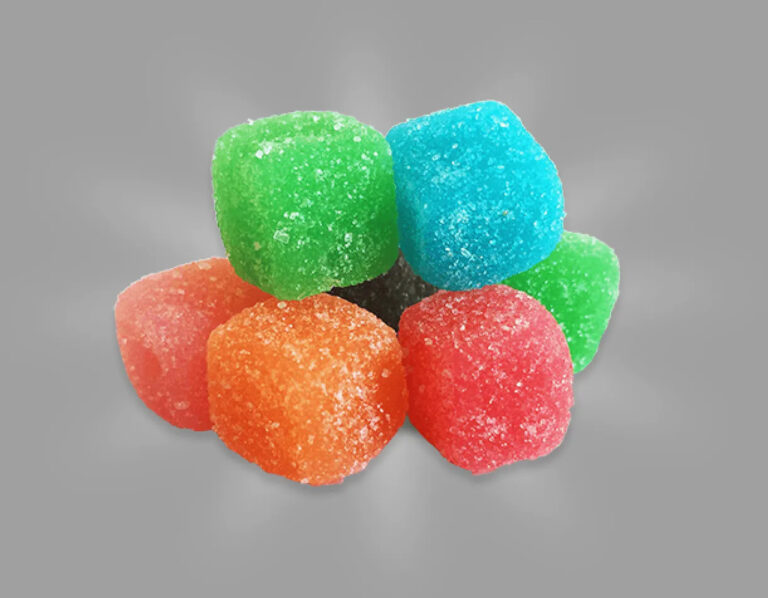If you are in need of a washer, you should know that there are different types of washers. You do not need to be a mechanical engineer to know the types. Knowing the types can make a difference when it comes to making an informed decision. Washers by definition are a disk-shaped plate with a hole in the middle. It is normally used to spread the load of threaded fasteners.
It is time to know the mechanical guidelines for fasteners. The fasteners are in the form of screws, pins, bolts, washers, and nuts. The guideline is based on the steel grade, material (metallic and non-metallic materials) and treatment, proof load stress (maximum tensile that is applied to a bolt), yield strength (maximum stress that is applied along the axis before it changes shape), tensile strength (the resistance of a specific material to breaking under given tension), core hardness (the ability of core to defy abrasion or scratching) and standards authority.

Here are the guidelines of Superior Washer:
Low-carbon grade 2
The material used is low or medium carbon steel, which is cold-forged. The proof load stress is 55 Kilopound per square inch (KSI) while the yield strength is 57 KSI. The tensile strength is 74 KSI while the core hardness is B70-B100. The standards authority is Society of Automotive Engineers.
Grade A
The material used is low or medium carbon steel. The proof load stress is 90-100 KSI, yield strength is 95-100 KSI and tensile strength is 60 KSI. The core hardness is B69-B100. The standards authority is the American Society for Testing & Materials.
Grade B
The material is low or medium carbon steel. The proof load stress is 70-133 KSI, yield strength is 76-139 KSI and tensile strength of 60-100 KSI. The core hardness is B69-B95. The standards authority is the American Society for Testing & Materials.
Grade 5
The material is medium carbon steel while the treatment is tempered and quenched. The proof load stress is 74-85 KSI, the yield strength is 81-82 KSI and the tensile strength is 105-120 KSI. The core hardness is C19-C44. The standards authority is Society of Automotive Engineers.
Grade 8
The material is medium carbon alloy steel while the treatment is tempered and quenched. The proof load stress is 120 KSI, the yield of strength is 130 KSI and tensile strength is 120 KSI. The core hardness is C33-C39. The standards authority is Society of Automotive Engineers.
Grade C
The material is medium carbon steel. The proof load stress is 144 KSI, yield strength is 154 and there is no tensile strength. The core hardness is B78-C38. The standards authority is American Society for Testing & Materials.
2-H
The material is medium carbon steel. The proof load stress is 144 KSI, the yield of strength is 154 and there is no tensile strength. The core hardness is B78-C38. The standards authority is the Society of Automotive Engineers.
Now that you know the mechanical guidelines, you will understand things better. When you are in doubt, do not forget to ask questions.




















